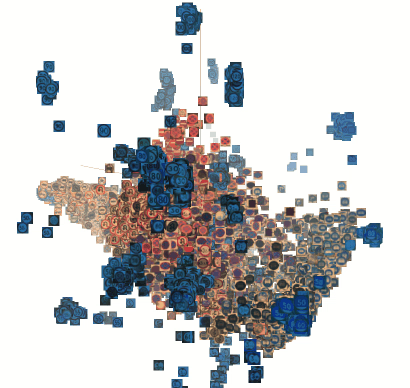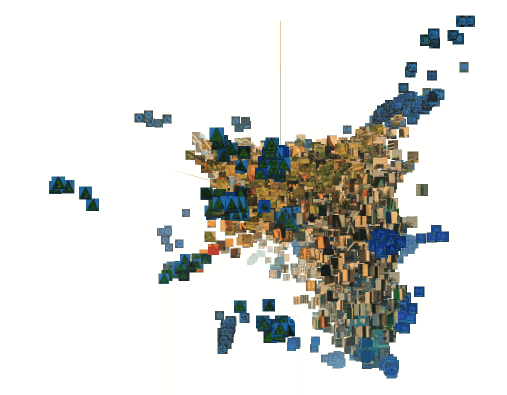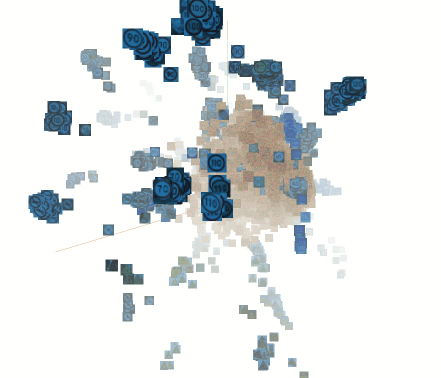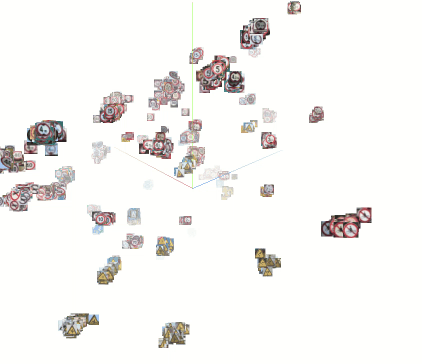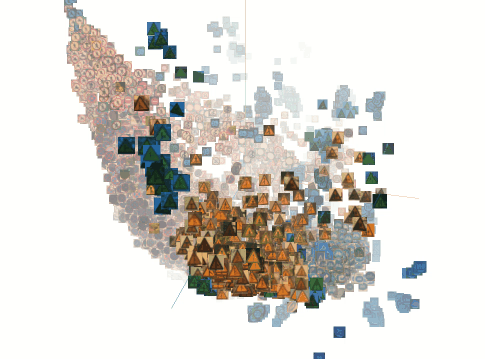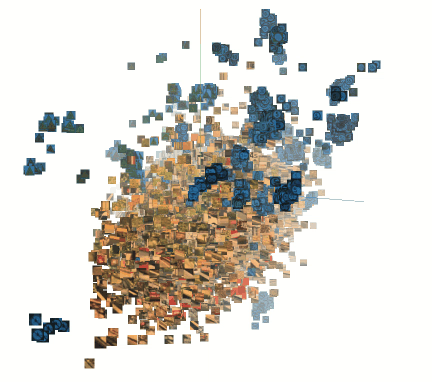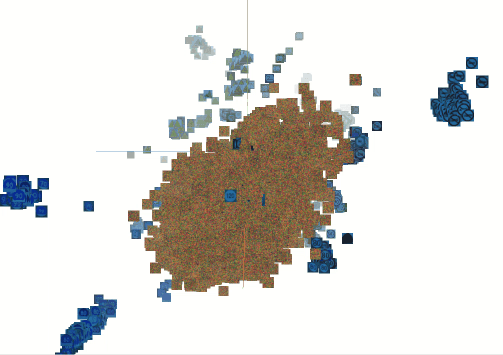This paper has been accepted at BMVC 2018. An arXiv pre-print including the supplementary material is also available.
The example is done on the experiment of Section 4.1 in Table 1, for our implemented version of ODM. We train a VGGnet on SVHN or CIFAR-10 as in-distribution and the other as the seen out-of-distribution. The example code is given in a python and tensorflow. Main hyperparameters can be modified in params_exp1.py.
cd src
python ODM_svhn_cifar10.py
Regarding data, we use the CIFAR-10 python version and the SVHN Cropped Digits matlab version as the datasets that can be seen during training. Tiny Imagenet and LSUN are used as unseen distributions only. The code's expected format is to have all test image paths in a file named images.txt.
@InProceedings{masana2018metric,
author = {Masana, Marc and Ruiz, Idoia and Serrat, Joan and van de Weijer, Joost and Lopez, Antonio M},
title = {Metric Learning for Novelty and Anomaly Detection},
booktitle = {British Machine Vision Conference (BMVC)},
year = {2018}
}
Code by Marc Masana, PhD student at LAMP research group at Computer Vision Center, Barcelona and Idoia Ruiz, PhD student at ADAS research group at Computer Vision Center, Barcelona
When neural networks process images which do not resemble the distribution seen during training, so called out-of-distribution images, they often make wrong predictions, and do so too confidently. The capability to detect out-of-distribution images is therefore crucial for many real-world applications. We divide out-of-distribution detection between novelty detection ---images of classes which are not in the training set but are related to those---, and anomaly detection ---images with classes which are unrelated to the training set. By related we mean they contain the same type of objects, like digits in MNIST and SVHN. Most existing work has focused on anomaly detection, and has addressed this problem considering networks trained with the cross-entropy loss. Differently from them, we propose to use metric learning which does not have the drawback of the softmax layer (inherent to cross-entropy methods), which forces the network to divide its prediction power over the learned classes. We perform extensive experiments and evaluate both novelty and anomaly detection, even in a relevant application such as traffic sign recognition, obtaining comparable or better results than previous works.
In-dist: Tsinghua (blue), Out-dist: Tsinghua unseen classes (yellow)
In-dist: Tsinghua (blue), Out-dist: Background patches (yellow)
In-dist: Tsinghua (blue), Out-dist: Gaussian noise (yellow)
Seen out-distribution: Tsinghua
Embedding learned for the known classes
In-dist: Tsinghua (blue), Out-dist: Tsinghua unseen classes (yellow)
In-dist: Tsinghua (blue), Out-dist: Background patches (yellow)
In-dist: Tsinghua (blue), Out-dist: Gaussian noise (yellow)
